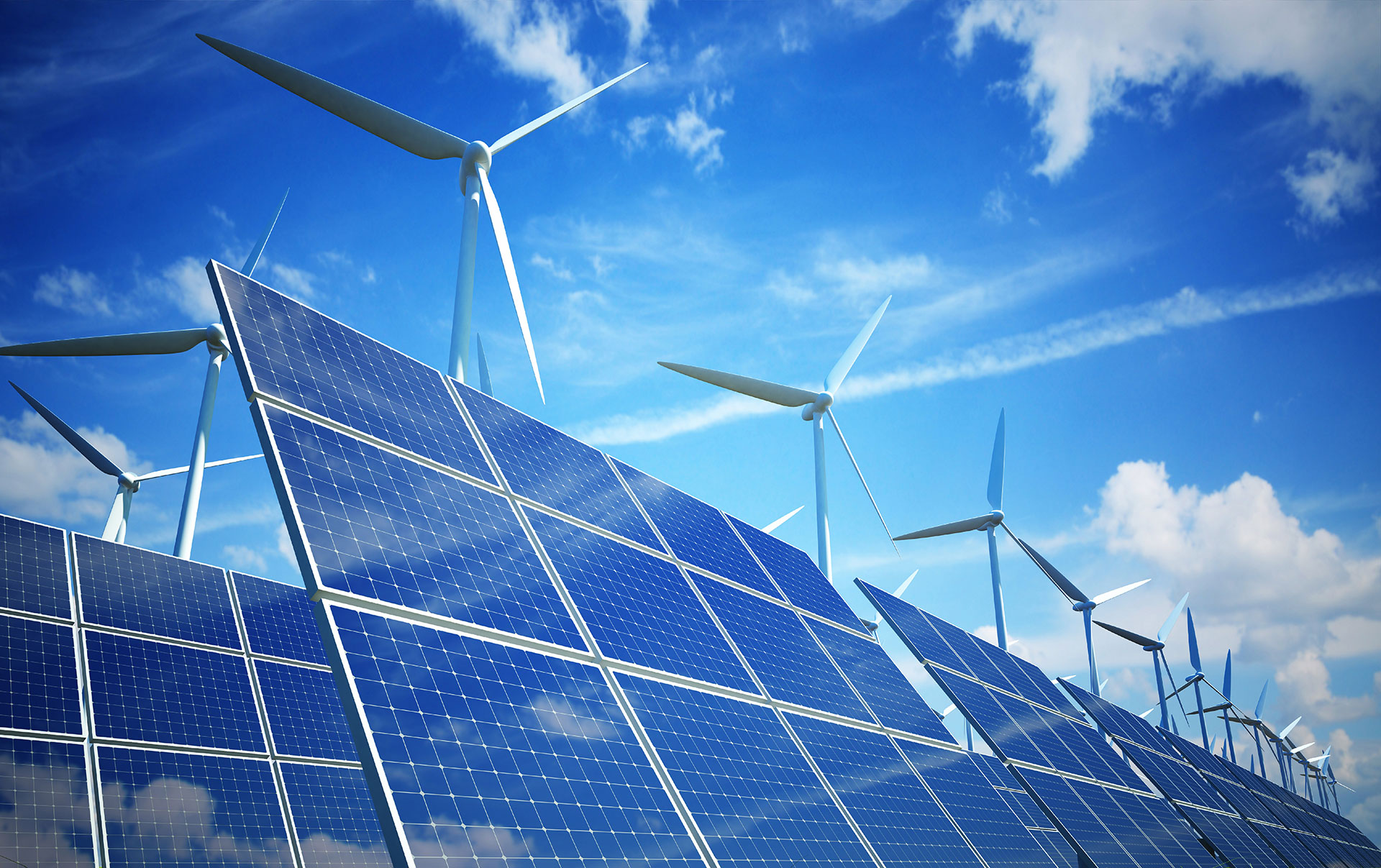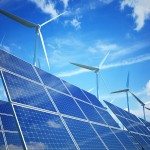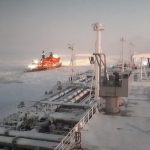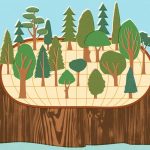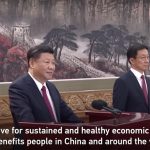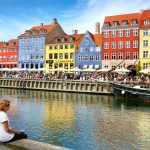Plastic production wreaks havoc on people and the planet—from fracking wells and pipelines in Pennsylvania, to air pollution from plastic plants in Scotland.
We are choking the planet in plastic. Everything from wasteful water bottles to grocery shopping bags are polluting our waterways, and endangering marine life and the natural environment. It’s fair to say that even the most casual news consumer has probably encountered a Facebook post, TV report, or radio segment about the garbage patches in the Pacific Ocean.
But what’s less well-known is what is fueling this plastics binge: fracking. As the Guardian recently reported, in less than a decade, tens of billions of dollars have been invested in creating new manufacturing sites around the world to turn fossil fuels into resin pellets used to manufacture plastic products. The companies profiting off this surge in plastics are contributing to a growing climate crisis while generating mountains of plastic garbage.
http://www.yesmagazine.org/planet/we-are-drowning-in-plastic-and-fracking-companies-are-profiting-20180214
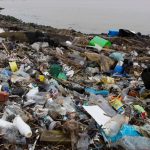
CLIFFE, KENT – JANUARY 02: Plastics and other detritus line the shore of the Thames Estuary on January 2, 2018 in Cliffe, Kent. Tons of plastic and other waste lines areas along the Thames Estuary shoreline, an important feeding ground for wading birds and other marine wildlife. According to the United Nations Environment Programme (UNEP), at current rates of pollution, there will likely be more plastic in the sea than fish by 2050. In December 2017 Britain joined the other 193 UN countries and signed up to a resolution to help eliminate marine litter and microplastics in the sea. It is estimated that about eight million metric tons of plastic find their way into the world’s oceans every year. Once in the Ocean plastic can take hundreds of years to degrade, all the while breaking down into smaller and smaller ‘microplastics,’ which can be consumed by marine animals, and find their way into the human food chain. (Photo by Dan Kitwood/Getty Images)
